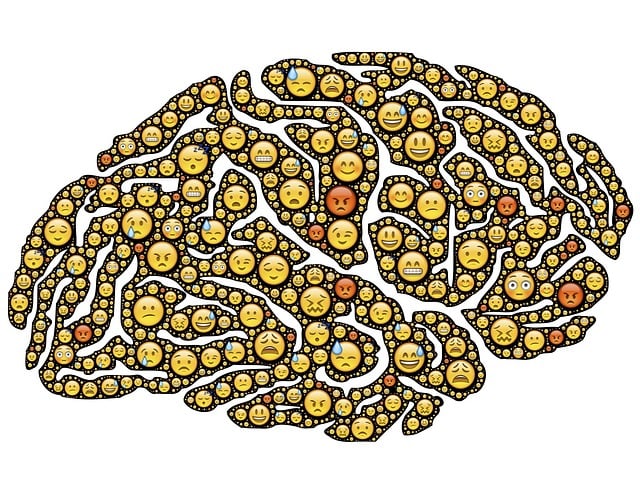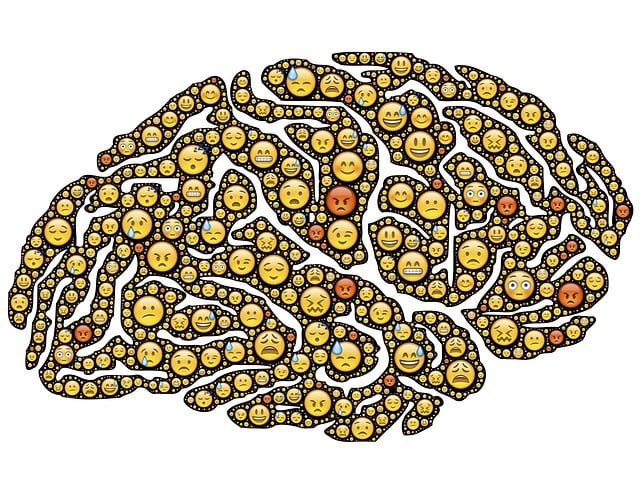Stress, arising from demands like work pressure and financial worries, can lead to severe health issues including anxiety, depression, heart disease, and alcohol abuse disorders. Denver, with its fast-paced lifestyle, exacerbates these pressures. Effective stress management involves early recognition of signs and building resilience through emotional intelligence. Denver Alcohol Abuse Therapy offers holistic practices, individualised care, and mental health education, integrating physical and emotional well-being. Daily relaxation practices like exercise, mindfulness, balanced diets, hobbies, nature connection, and meditation aid anxiety relief. Mental wellness coaching programs provide structured support with cognitive-behavioral techniques. Mindfulness techniques reduce stress and enhance well-being, empowering individuals to handle stressful situations. Therapeutic interventions in Denver Alcohol Abuse Therapy include CBT, mindfulness, and group support for effective long-term stress management.
Stress reduction is essential for overall well-being, and in today’s fast-paced world, finding effective methods is crucial. This article explores various strategies to combat stress, from understanding its profound impact on mental health to exploring holistic approaches like Denver Alcohol Abuse Therapy. We delve into lifestyle adjustments, mindfulness techniques, and the importance of professional support, offering a comprehensive guide for achieving daily relaxation and a calmer mind.
- Understanding Stress and Its Impact
- Denver Alcohol Abuse Therapy: A Holistic Approach
- Lifestyle Adjustments for Daily Relaxation
- Mindfulness Techniques to Calm the Mind
- Professional Support: Therapeutic Interventions
Understanding Stress and Its Impact

Stress is a complex response to various internal and external factors that demand our attention and action. It can stem from numerous sources, including work pressure, financial concerns, personal relationships, or even everyday demands. When managed improperly, stress can lead to significant health issues such as anxiety, depression, heart disease, and substance abuse disorders, like alcohol abuse in Denver. In a city with a fast-paced lifestyle, where the pressure to succeed is often intense, understanding and addressing stress become paramount for overall well-being.
The impact of chronic stress on mental health cannot be overstated. It can disrupt one’s ability to think clearly, make decisions, and maintain healthy relationships. A Mental Health Policy Analysis and Advocacy approach suggests that by recognizing the early signs of stress and implementing resilience-building strategies, individuals can foster emotional intelligence—the capability to recognize and manage one’s emotions effectively. This, in turn, enhances coping mechanisms, promotes better decision-making, and strengthens an individual’s overall mental fortitude.
Denver Alcohol Abuse Therapy: A Holistic Approach

In Denver, Alcohol Abuse Therapy is revolutionizing the approach to mental health treatment, integrating holistic practices tailored to individual needs. This comprehensive therapy goes beyond traditional methods by addressing the interconnectedness of physical and emotional well-being. It offers a safe space for clients to explore underlying causes of alcohol abuse, fostering personal growth and resilience.
The Denver Alcohol Abuse Therapy program incorporates Mental Health Education Programs Design, teaching individuals coping strategies and enhancing their understanding of mental health. With a focus on Cultural Sensitivity in Mental Healthcare Practice, therapists create an inclusive environment, respecting diverse backgrounds and beliefs. This personalized approach, coupled with risk assessment tools, ensures that every client receives effective care tailored to their unique journey towards recovery.
Lifestyle Adjustments for Daily Relaxation

In today’s fast-paced world, incorporating lifestyle adjustments for daily relaxation is crucial for maintaining mental wellness. Simple yet effective practices such as regular exercise, mindful breathing techniques, and a balanced diet can significantly contribute to anxiety relief and mood management. For instance, engaging in physical activities like yoga or walking releases endorphins, which act as natural stress fighters, enhancing overall well-being. Additionally, setting aside time for hobbies, connecting with nature, or practicing meditation can provide much-needed respite from daily pressures. These holistic approaches not only promote a sense of calm but also empower individuals to better navigate life’s challenges, potentially reducing the risk of Denver alcohol abuse therapy needs down the line.
For those seeking more structured support, mental wellness coaching programs offer tailored development opportunities. These programs guide individuals through personalized strategies for stress reduction and emotional resilience. By combining cognitive-behavioral techniques with lifestyle modifications, coaches help clients cultivate healthier coping mechanisms, enabling them to embrace a more balanced and fulfilling life. Effective mood management is within reach when combining these evidence-based practices with the support of professional resources available in Denver.
Mindfulness Techniques to Calm the Mind

In the quest for stress reduction, mindfulness techniques have emerged as a powerful tool to calm the mind and enhance mental well-being. Denver Alcohol Abuse Therapy centers often incorporate these practices into their programs, recognizing their effectiveness in managing anxiety and promoting healing. Mindfulness involves training your attention and awareness of the present moment without judgment. It encourages individuals to observe their thoughts and feelings without getting caught up in them, fostering a deeper connection with oneself.
By practicing mindfulness, one can develop better emotional regulation skills, improved focus, and enhanced overall mental health awareness. This simple yet profound approach to mood management can help break negative thought patterns and encourage positive thinking. Engaging in regular mindfulness exercises, such as meditation or deep breathing, allows individuals to cultivate a sense of inner peace and resilience, making them better equipped to handle stressful situations.
Professional Support: Therapeutic Interventions

Many individuals struggling with stress find professional support through various therapeutic interventions, which play a pivotal role in managing and reducing long-term stress. Denver Alcohol Abuse Therapy, for instance, offers specialized programs tailored to address underlying issues contributing to stress and anxiety. These therapies include cognitive-behavioral therapy (CBT), mindfulness practices, and group support sessions that empower individuals with effective coping skills development.
By participating in structured programs like these, one can learn healthy stress management techniques, identify triggers, and develop personalized strategies for navigating stressful situations. Such interventions foster a sense of control, improve overall well-being, and contribute to the prevention of relapse or exacerbation of mental health issues. Additionally, organizations often conduct public awareness campaigns development and Stress Management Workshops to educate communities on recognizing and managing stress effectively.
In understanding the profound impact of stress on our lives, it’s clear that a multi-faceted approach to reduction is key. From holistic therapies like Denver Alcohol Abuse Therapy, offering a transformative path to recovery, to simple yet effective lifestyle adjustments and mindfulness practices, there are numerous ways to reclaim calm and balance. Combining these strategies with professional support ensures a comprehensive approach to managing stress and improving overall well-being. Remember, the journey to stress reduction is personal, so exploring these methods can help tailor a unique and sustainable path to a quieter mind.














